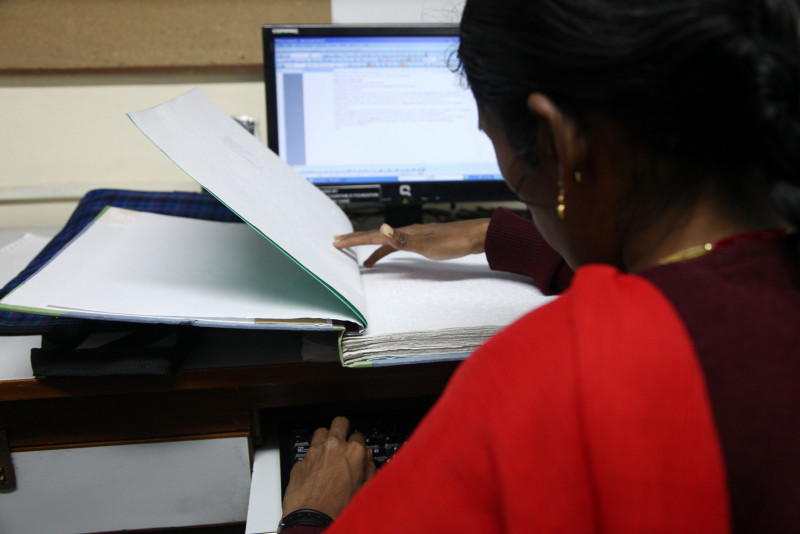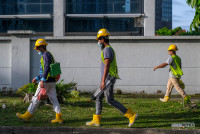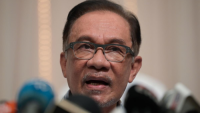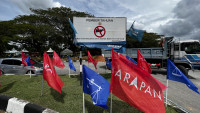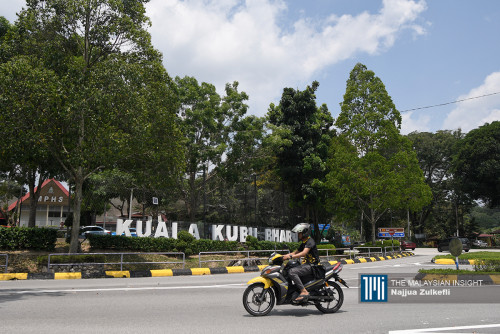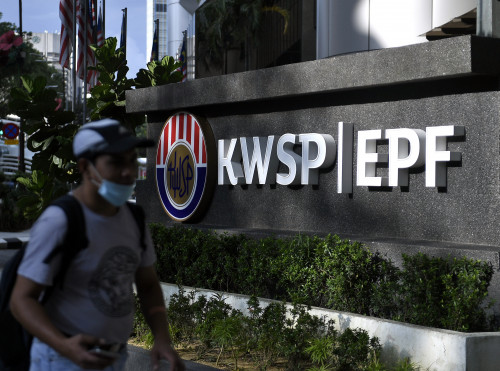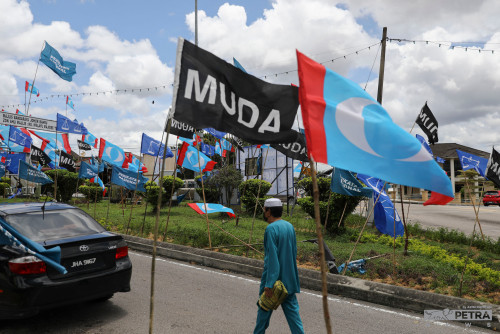ACCESS to decent work for persons with disabilities (PWDs) remains one of the top recurring challenges in Malaysia.
The Covid-19 pandemic has pushed us to rethink and reformulate the local agenda and ecosystem for employment. This includes telework, digitalisation of the workplace, and aggressive promotion of e-commerce.
However, many of these strategies and working options have been advocated by PWDs and their organisations around the world for a long time. With Covid-19 vaccination efforts under way, it seems that unfortunately, many of the progressive steps taken in the labour sector, especially the work-from-home option, are viewed as measures to be taken only during an emergency, and there would be a gradual return to the old disabling status quo.
Although we commend government initiatives on PWD employment since the late 1980s, such as the policy on 1% quota for job placements for this group in the public sector, tax incentives for the private sector, and continuous job fairs, we have yet to achieve the aspired substantial change.
It is reported that PWDs make up only 0.35% of employees in the civil service, highlighting the lack of success of the 1% quota policy.
Moreover, we have yet to get reliable statistics on employees with disabilities in the private sector. In addition, no data on cases of discrimination against such employees is available.
As we celebrate Labour Day today, the National Council for the Blind Malaysia calls upon the government to fulfil its obligations as stipulated in Article 27 of the Convention on the Rights of PWDs and Section 29 of the PWDs Act 2008, and meet the key actions underlined in the Asean Enabling Master Plan 2025, particularly key actions AEC 1, AEC 24 and ASCC 8, by enacting the following measures:
1. Review and report the progress of the Plan of Action for PWDs 2016-2022, particularly programmes under the second strategic core, and ensure that the progress report is available to all stakeholders.
2. Develop and implement, through close collaboration with organisations of and for PWDs, and relevant stakeholders, a comprehensive strategic framework on the equity and access of PWDs to decent work that encourages multiple employment tracks, including professional careers and self-employment in the various economic sectors. The framework should include, but not be limited to:
i) Review and amend the policy on the 1% quota for job placements for PWDs in the public sector that takes into account the diversity of PWDs, and the provision of resources to establish an appropriate support system and meaningful career development among civil servants with disabilities;
ii) Review and amend tax incentive policies for employers, both specific to PWD employment and generally for private sector players, to encourage reasonable accommodation in the workplace and industry overall, as well as ensure PWDs are the direct beneficiaries of the said policies;
iii) Strengthen measures to promote entrepreneurship among PWDs, including digital economic activities, by providing entrepreneurial training, and access to financial services and online platforms including banking services and other technical support, as underlined in the Asean Enabling Master Plan 2025, especially key actions AEC 2, AEC 4, AEC 21, ASCC 25 and ASCC 27;
iv) Amend the Labour Act 1955 and related laws so that local legislation is aligned with the provision under Article 27 of the Convention on the Rights of PWDs; and,
v) Establish a division under the Human Resources Ministry that is responsible for ensuring access and equity of PWDs in the local employment market.
3. Provide sufficient funding for and make a continuous investment in the abovesaid strategic framework and all of its catalytic projects.
We call for greater cooperation between the government, particularly the Human Resources Ministry, and organisations of and for PWDs, to advance the inclusion of this group in the local labour sector.
We PWDs, as citizens of Malaysia, are eager to contribute to the country’s social and economic development. We should not be viewed merely as welfare recipients.
Happy Labour Day 2021. – The Vibes, May 1, 2021
National Council for the Blind Malaysia (NCBM) was formed and registered in 1986 to bring together five organisations to work as partners in providing more efficient and quality services to help blind people become useful citizens



